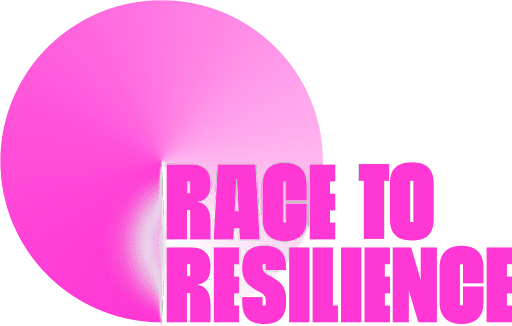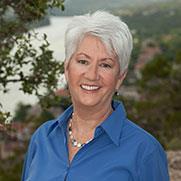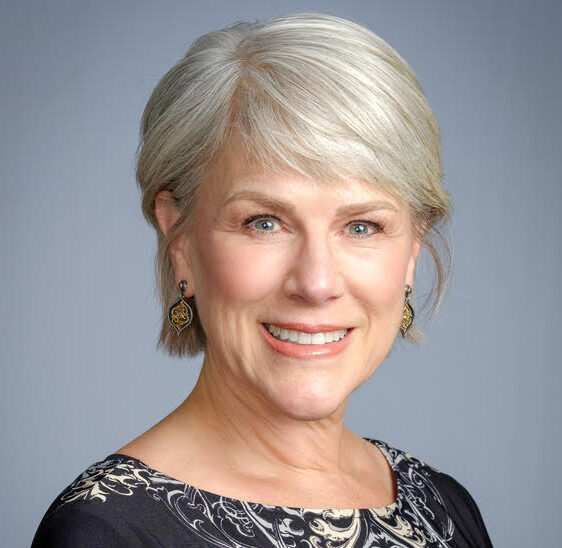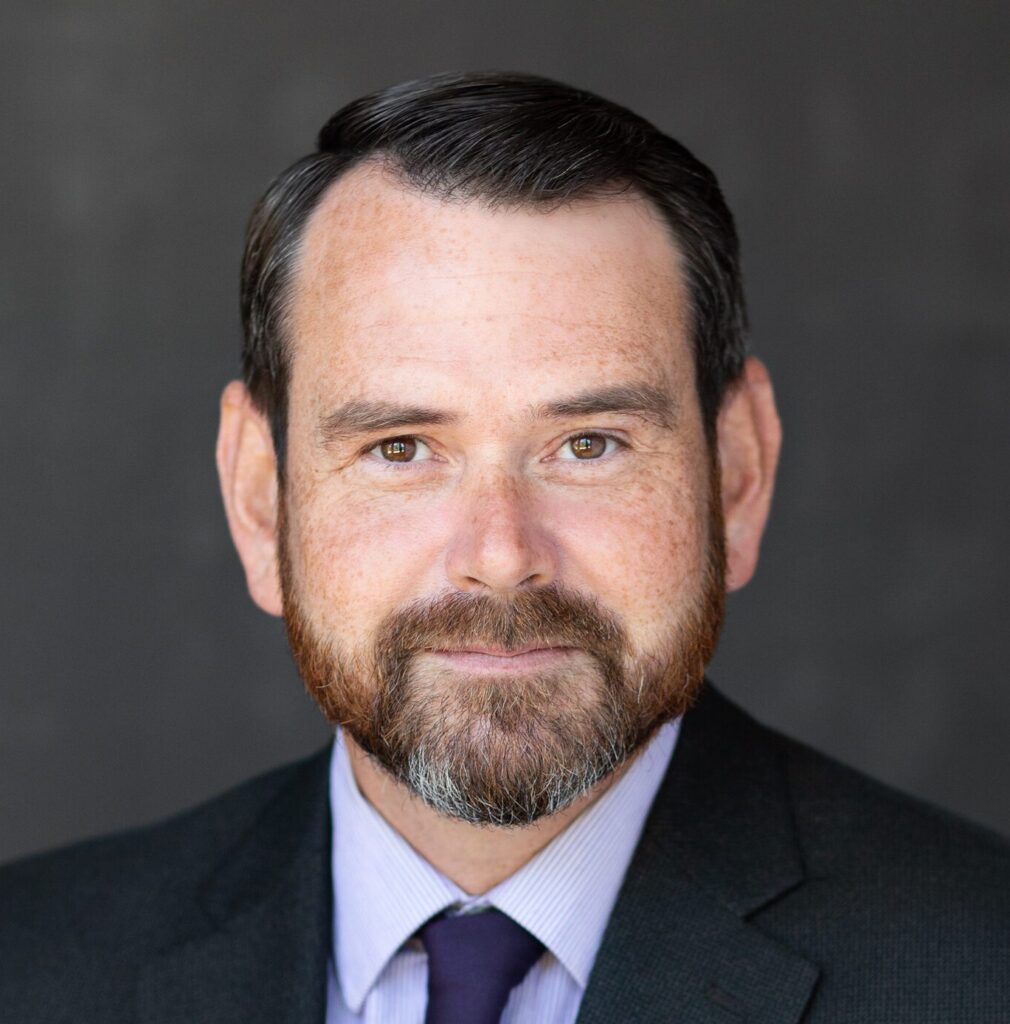Raising Ambition on Resilience
ICLEI USA wants to support your community’s climate resilience journey with our Cities Race to Resilience support package, an exclusive offer for ICLEI USA members that sign on to the Race.

There Are

Respond to the moment. Be recognized for real action.
The Race to Resilience support package is ICLEI’s long-term commitment to helping you achieve your climate resilience goals.
The Race to Resilience
Race to Resilience is the sibling campaign to Race to Zero and is a global initiative of the COP26 Presidency and High-Level Climate Champions to rally leadership and support from cities, regions, businesses and investors to help frontline communities build resilience and adapt to the impacts of climate change. The Race to Resilience aims to catalyze action by these groups to build the resilience of 4 billion vulnerable people globally to climate risks. A resilient world, where both people and nature do not just survive climate shocks and stresses, but thrive in spite of them, is at the heart of the Race to Resilience.
The Cities Race to Resilience is one of the initiatives under the Race to Resilience campaign, focused on driving cities, towns and counties to join and pledge their commitment to prepare for climate change. The Cities Race to Resilience offers cities and counties the unique opportunity to showcase action and drive ambition by following a globally accepted framework, access support to carry out specific resilience actions, and report on progress. Cities Race to Resilience is supported by the Local Governments and Municipal Authorities (LGMA) Constituency to the United Nations Framework Convention on Climate Change (UNFCCC), which is led by ICLEI as the focal organization..
ICLEI USA invites all our members to do this work with us, join the Race to Resilience, and access our dedicated technical support program to reach your climate resilience goals.
The Cities Race to Resilience is a collaboration between ICLEI, C40 Cities, Global Covenant of Mayors, CDP, UCLG, WRI, WWF, Global Resilient Cities Network, IFRC, MCR, UNDRR, UN Habitat, UNOPS, WCCD, World Bank, Resilient Cities Network, and UNEP.

Join the Movement

Integrate climate change adaptation and resilience in all aspects of urban planning and undertake a community-wide climate risk and vulnerability assessment that also includes all vulnerable communities.

Plan to use available knowledge and scientific evidence, including data and spatial analysis, for decision-making and action, and outline interim targets and milestones as part of a long-term commitment for citywide action.

Immediately proceed to taking action by committing to at least one of the resilience actions as listed on Cities Race to Resilience.

Report commitments and progress annually to an existing or recommended reporting platform. If you have not reported before, you will be contacted by partners for support.
Your Race to Resilience Support
Assess Vulnerability and Risk
Work with ICLEI to Assess Your Community’s Vulnerability and Risk
You will work with an ICLEI technical advisor to identify top climate hazards for your community. Next, you will conduct a Climate Risk and Vulnerability Assessment (CRVA) with ICLEI’s CRVA toolkit and support from an ICLEI technical advisor.
Resilience High-Impact Actions
ICLEI Will Identify Community-Specific High Impact Actions
Using the findings of your community’s CRVA, as well as our knowledge of your community priorities, ICLEI’s technical staff will meet with your team to develop high-impact actions to help you achieve your resilience goals.
Let the World Know Your Progress
Reporting Will Develop Internal and External Support
Reporting your progress allows ICLEI and your team to co-develop the next steps in your journey. ICLEI will amplify your progress through its media and partner channels.
Leaders in the Race to Resilience
These leaders are committing to bold targets and immediate action to build their communities climate resiliency.

Commissioner Brigid Shea
Travis County, Texas
“We as local elected officials must do everything in our power to prepare our residents for the impacts of climate change. This requires that we pursue creative initiatives to make our communities more resilient. For example, in Travis County we have pioneered neighborhood-based wildfire evacuation drills and have dramatically improved our emergency notification system. ICLEI’s Race to Resilience is the ideal structure to help cities undertake this enormous, life-saving effort.”

Mayor John Cooper
Nashville-Davidson County, Tennessee
“Nashville’s rapid growth presents both challenges and opportunities to execute strategies that maximize environmental benefit, economic growth and social outcomes for all. That’s why I have made making Nashville a greener, more sustainable city a top priority in my Agenda for Neighborhoods and Families. The Race to Resilience will provide a framework and technical support that will facilitate creating a more sustainable, resilient and livable city for all.”

Mayor Don Hammond
Nyack, New York
“Nyack is a local leader on climate action and is committed to protecting the environment through planning, policy, and practice. By joining the Race to Resilience, the Village reinforces its commitment to ensuring the safety and well-being of our community as we adapt to the impacts of climate change.”

Mayor Cheryl Selby
Olympia, Washington
“The City of Olympia is excited to make a commitment to the Race to Resilience program. Olympia has been laser-focused on reducing emissions but also understands that it’s critical for our City to adapt to an already changing climate. We’ve taken significant steps already through our Sea Level Rise Response Plan, but there is much more to do to help our City adapt to climate change. Through the Race to Resilience and our partnership with ICLEI, I look forward to advancing this important work in Olympia.”

Mayor John Dennis
West Lafayette, IN
“We only have one Earth and becoming climate change resilient and moving towards
sustainable operations means that our community’s youngest residents will benefit the
most from the changes we implement today. Let’s continue to do our part for a better
place to live.”

City Council President Bryan Burgess
Oberlin, Ohio
“The City of Oberlin recognizes that climate change is here and already impacting our community. We are committed to collaborating with all stakeholder organizations to adapt and be resilient; we will take the steps necessary to ensure that all of our residents, and especially those who are most vulnerable to climate disruptions, have the resources necessary to not only survive, but to thrive, as the climate continues to pose challenges to our well-being.”

Mayor Rosalynn Bliss
Grand Rapids, Michigan
“The Race to Resilience is important to myself and my community because our city has seen firsthand the impacts of extreme weather events. The 2013 flooding of the Grand River caused over 1,000 residents to evacuate their homes, and millions of dollars of damage to infrastructure. Despite investing over $15 million dollars to strengthen our flood walls, we know that climate change will be increasing the frequency and intensity of our rainfall and storm events. Joining the Race to Resilience will help our community as we seek to identify our risks and vulnerabilities and plan for a more resilient future.”

Mayor Lucas Ramirez
Mountain View, California
“The City of Mountain View is committed to being a leader in our collective effort to build climate resilience so that our communities can not only survive climate impacts but thrive. The City is already proactively collaborating on a number of regional projects in the San Francisco Bay Area to advance habitat restoration and sea-level rise adaptation efforts. In addition, our City of approximately 83,864 people is undertaking resiliency projects such as upgrading the Community Center with solar and battery storage for operational continuity and developing a biodiversity strategy that will inform our nature-based resiliency priorities.”